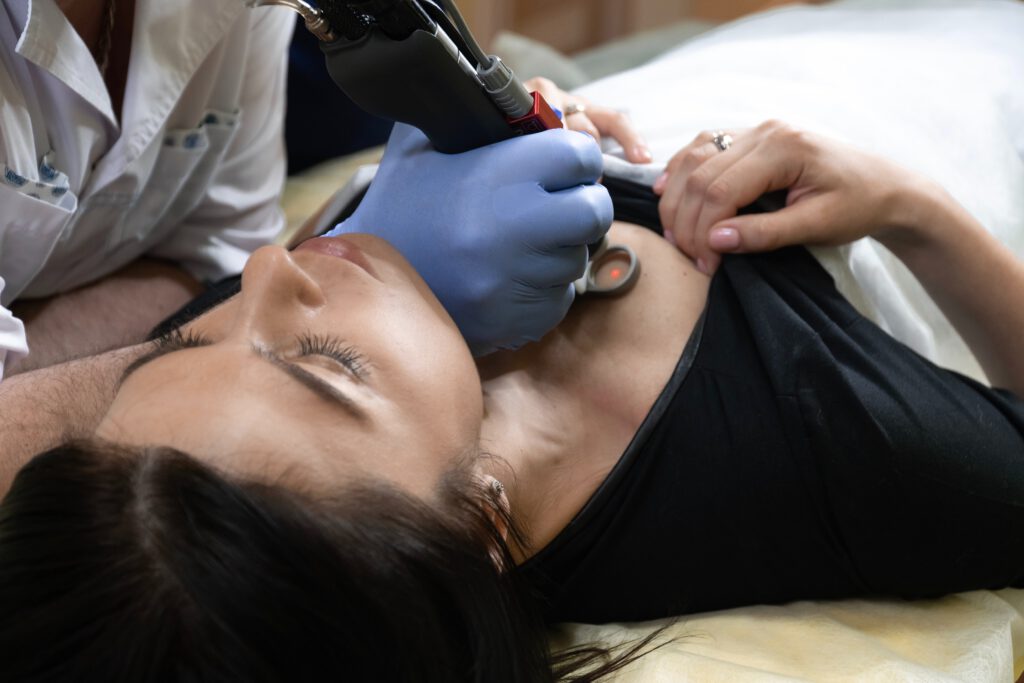According to the American Cancer Society, skin cancer is the most common form of cancer. In fact, more than 1.5 million people were diagnosed with some form of skin cancer in the year 2020 alone. New research found CBD can help treat symptoms from certain skin cancers.
It’s a serious health condition that is expected to only increase in prevalence going forward, with cases of skin cancer expected to increase as much as 50% around the world between now and 2040. Depending on the type of skin cancer a person has, and how severe it is, many cases of skin cancer are treatable.
Other skin conditions may be rarer compared to skin cancer and do not receive as much attention, however, they can still be very serious. One such skin condition is scleroderma, which involves inflammation of the skin. Some patients develop skin ulcers as a result of scleroderma.
Researchers in Italy recently examined CBD topical’s ability to treat skin ulcers, and they found that CBD topicals were more effective compared to conventional treatments. Below is more information about it via a NORML news release:
Modena, Italy: The administration of a topical extract preparation of CBD effectively mitigates wound-related pain and promotes the healing of skin ulcers in patients with scleroderma, according to randomized trial data published in the journal Advances in Skin & Wound Care. Scleroderma (a/k/a systemic sclerosis) is a rare autoimmune disorder involving the tightening of the skin and the narrowing of blood vessels.

Italian investigators assessed the efficacy of topical CBD oil compared to conventional medications in a group of scleroderma patients with digital ulcers (skin ulcers of the fingertips). Twenty-five patients were randomly selected to use CBD for one month; the other 20 received conventional therapy.
Subjects in the CBD group experienced greater pain relief and wound healing than did those in the control group.
Authors reported, “Although mean wound-related pain NRS [numeric rating scale] scores did not differ between CBD-treated patients and control patients at baseline, their mean scores differed significantly after 1 month.”
Specifically, patients in the treatment group experienced a decrease in pain of 29 percent over the course of the trial, whereas those in the control group only experienced a six percent decrease.
Investigators further acknowledged, “In terms of DU [digital ulcer] healing, 18 of the 25 patients in the CBD-treated group (72 percent) experienced complete healing by the end of the study. In contrast, complete healing was observed in (only) 6 of the 20 control group participants (30 percent).”
Patients receiving CBD treatment reported “no significant adverse effects” during the study.
“The present study is the first to report the effectiveness of local CBD treatment in the management of SSc-DUs [systemic sclerosis digital ulcers],” authors concluded.
“Topical administration of CBD is a safe, effective, noninvasive tool that is associated with improved wound-related pain, DU healing, and QoL [quality of life] of patients with SSc.”
The topical application of cannabinoids, and of CBD in particular, has demonstrated benefits in the treatment of a variety of skin-related conditions, including psoriasis, erythema, pruritis, and acne.
It has also been associated with wound healing in patients with refractory leg ulcers and with the rare skin blistering disease epidermolysis bullosa.
Full text of the study, “Topical cannabidiol in the treatment of digital ulcers in patients with scleroderma: Comparative analysis and literature review,” appears in Advances in Skin & Wound Care.
This article first appeared on Internationalcbc.com and is syndicated here with special permission.






